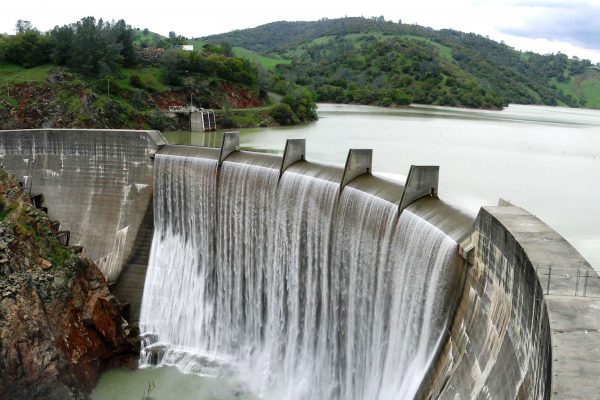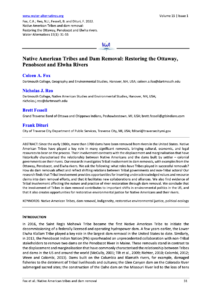Another Court Victory for Clean Water in California

On August 4, 2022, a panel of judges from the U.S. Court of Appeals for the Ninth Circuit overruled the Federal Energy Regulatory Commission (FERC), re-establishing California’s right to protect water quality in the Yuba, Bear, and Merced River Watersheds for the next 40 years. In February 2023, Merced Irrigation District (Merced ID), Yuba County Water Agency (YCWA) and the Nevada Irrigation District (NID) filed a joint appeal seeking to overturn an August 2022 decision in SWRCB, et al. v. FERC.
The United States Supreme Court has declined to hear an appeal regarding the California State Water Resources Control Board’s authority to set mandatory conditions in the new operating licenses for four hydroelectric projects.
The South Yuba River Citizens League, California Sportfishing Protection Alliance, Friends of the River, and Sierra Club and its Mother Lode and Tehipite chapters were environmental litigants in the case, along with the California Attorney General’s Office on behalf of the State Water Resources Control Board (SWRCB). Water Power Law Group and the Western Environmental Law Center represented the environmental litigants.
SYRCL and our allies are pleased that the U.S. Supreme Court found no reason to review the Ninth Circuit’s ruling. This outcome will allow the State to continue protecting California’s rivers and will preserve essential hydropower licensing processes. We will continue to protect Section 401 of the Clean Water Act and the state’s authority and responsibility to enforce water quality certifications.
Background on the case:
- On August 4, 2022, a panel of judges from the U.S. Court of Appeals for the Ninth Circuit overruled the Federal Energy Regulatory Commission (FERC), re-establishing California’s right to protect water quality in the Yuba, Bear, and Merced River Watersheds for the next 40 years.
- FERC found that the SWRCB’s acceptance of these withdrawals showed that the state was complicit in circumventing the one-year rule. Essentially, FERC held that the Board waived its chance to certify, relying on a 2019 case called Hoopa Valley Tribe v. FERC.
- In August 2022, the court disagreed, reversing FERC’s orders, finding there was no substantial evidence that the Board had acted to circumvent the one-year rule.
- Further, the court stated that “In short, the records in all three orders under review demonstrate that the Project Applicants chose to withdraw and resubmit their certification requests because they had not complied with California’s CEQA regulations.”
This post originally appeared on SYRCL.


